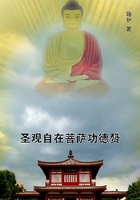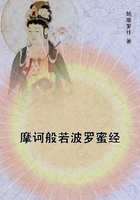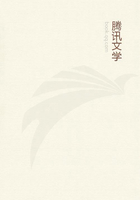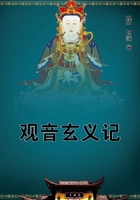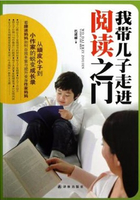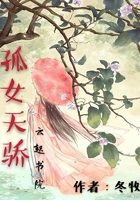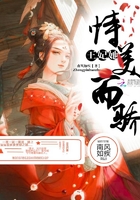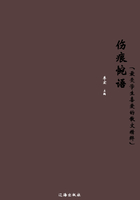Protest of the Princes One of the noblest testimonies ever uttered for the Reformation was the Protest offered by the Christian princes of Germany at the Diet of Spires in 1529. The courage, faith, and firmness of those men of God gained for succeeding ages liberty of thought and of conscience. Their Protest gave to the reformed church the name of Protestant; its principles are "the very essence of Protestantism."--D'Aubigne, b. 13, ch. 6.
A dark and threatening day had come for the Reformation. Notwithstanding the Edict of Worms, declaring Luther to be an outlaw and forbidding the teaching or belief of his doctrines, religious toleration had thus far prevailed in the empire. God's providence had held in check the forces that opposed the truth. Charles V was bent on crushing the Reformation, but often as he raised his hand to strike he had been forced to turn aside the blow. Again and again the immediate destruction of all who dared to oppose themselves to Rome appeared inevitable; but at the critical moment the armies of the Turk appeared on the eastern frontier, or the king of France, or even the pope himself, jealous of the increasing greatness of the emperor, made war upon him; and thus, amid the strife and tumult of nations, the Reformation had been left to strengthen and extend.
At last, however, the papal sovereigns had stifled their feuds, that they might make common cause against the Reformers. The Diet of Spires in 1526had given each state full liberty in matters of religion until the meeting of a general council; but no sooner had the dangers passed which secured this concession, than the emperor summoned a second Diet to convene at Spires in 1529 for the purpose of crushing heresy. The princes were to be induced, by peaceable means if possible, to side against the Reformation; but if these failed, Charles was prepared to resort to the sword.
The papists were exultant. They appeared at Spires in great numbers, and openly manifested their hostility toward the Reformers and all who favored them. Said Melanchthon: "We are the execration and the sweepings of the world; but Christ will look down on His poor people, and will preserve them."--Ibid., b. 13, ch. 5. The evangelical princes in attendance at the Diet were forbidden even to have the gospel preached in their dwellings. But the people of Spires thirsted for the word of God, and, notwithstanding the prohibition, thousands flocked to the services held in the chapel of the elector of Saxony.
This hastened the crisis. An imperial message announced to the Diet that as the resolution granting liberty of conscience had given rise to great disorders, the emperor required that it be annulled. This arbitrary act excited the indignation and alarm of the evangelical Christians. Said one:
"Christ has again fallen into the hands of Caiaphas and Pilate." The Romanists became more violent. A bigoted papist declared: "The Turks are better than the Lutherans; for the Turks observe fast days, and the Lutherans violate them. If we must choose between the Holy Scriptures of God and the old errors of the church, we should reject the former." Said Melanchthon: "Every day, in full assembly, Faber casts some new stone at us gospelers."--Ibid., b. 13, ch. 5.
Religious toleration had been legally established, and the evangelical states were resolved to oppose the infringement of their rights. Luther, being still under the ban imposed by the Edict of Worms, was not permitted to be present at Spires; but his place was supplied by his colaborers and the princes whom God had raised up to defend His cause in this emergency.
The noble Frederick of Saxony, Luther's former protector, had been removed by death; but Duke John, his brother and successor, had joyfully welcomed the Reformation, and while a friend of peace, he displayed great energy and courage in all matters relating to the interests of the faith.
The priests demanded that the states which had accepted the Reformation submit implicitly to Romish jurisdiction. The Reformers, on the other hand, claimed the liberty which had previously been granted. They could not consent that Rome should again bring under her control those states that had with so great joy received the word of God.
As a compromise it was finally proposed that where the Reformation had not become established, the Edict of Worms should be rigorously enforced; and that "in those where the people had deviated from it, and where they could not conform to it without danger of revolt, they should at least effect no new reform, they should touch upon no controverted point, they should not oppose the celebration of the mass, they should permit no Roman Catholic to embrace Lutheranism." --Ibid., b. 13, ch. 5. This measure passed the Diet, to the great satisfaction of the popish priests and prelates.
If this edict were enforced, "the Reformation could neither be extended . .
. where as yet it was unknown, nor be established on solid foundations . . . where it already existed."-- Ibid., b. 13, ch. 5. Liberty of speech would be prohibited. No conversions would be allowed. And to these restrictions and prohibitions the friends of the Reformation were required at once to submit.
The hopes of the world seemed about to be extinguished. "The re-establishment of the Romish hierarchy . . . would infallibly bring back the ancient abuses;" and an occasion would readily be found for "completing the destruction of a work already so violently shaken" by fanaticism and dissension.--Ibid., b. 13, ch. 5.

